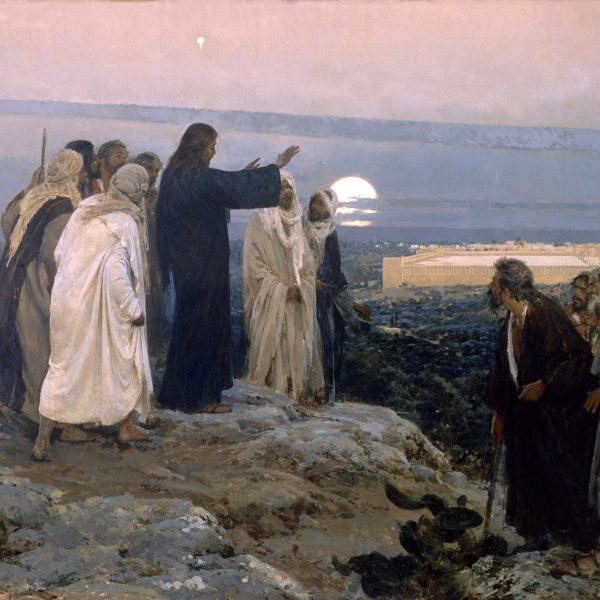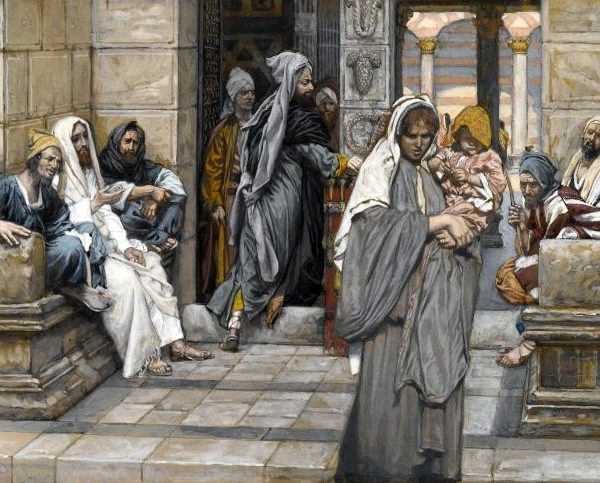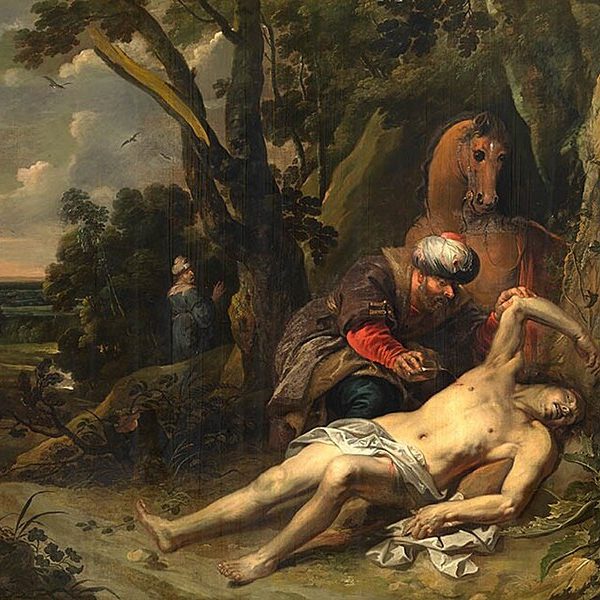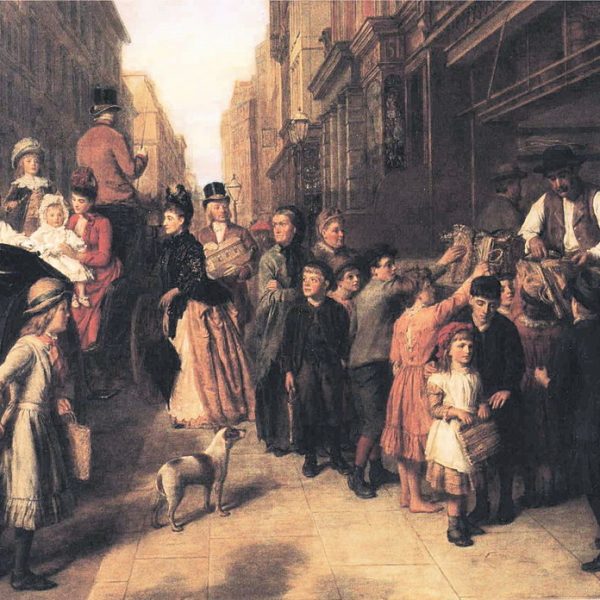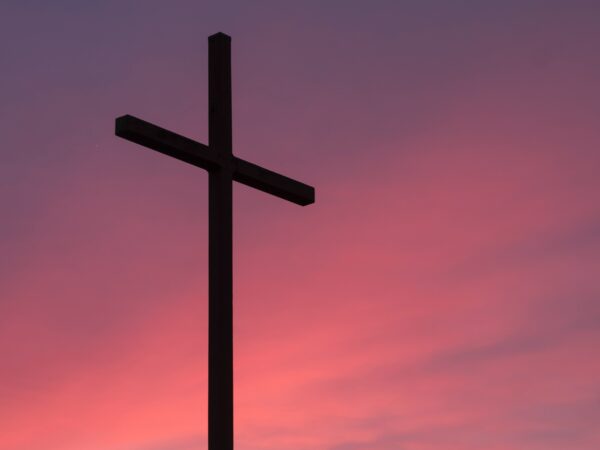
It is only in the memories of Jesus the fully human that we can find what I argue is the greatest power of the Passion for human lives held captive by the oppressive forces of Empire: the strength to face our crippling fear, stare the full oppressive might of the state in the face, and refuse to cede our full humanity – our joy, love, compassion, and hope – in service to the state’s liturgies of violence and fear.
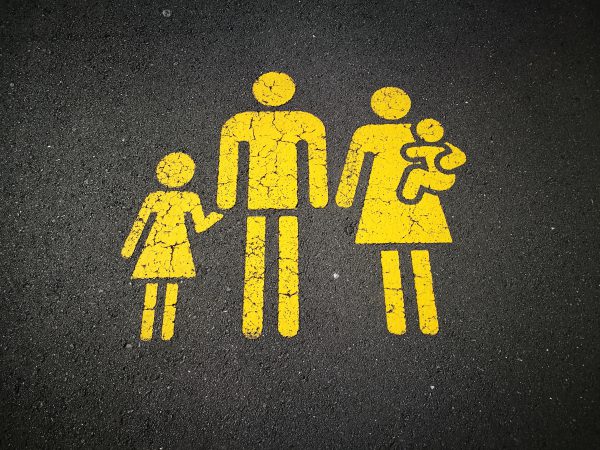
Jesus and his disciples can be seen to both affirm and expand the construction of first-century family, even as they are not limited by it. Such a reading of Mark complicates any single definition of “biblical family” in favor of recognizing the fluid and constructed nature of family systems across time.

The Gospel of Mark’s beguiling beginning bids us to consider the dangers of beginnings. John the Baptist’s heralding of Jesus’s coming was not the finality of salvation, but merely a herald to its coming. In this light should we consider our works of bringing God’s salvation and liberation to the world. The work of justice and liberation is long and hard, and many of us will be called to herald it, to lay the groundwork for its eventual manifestation.
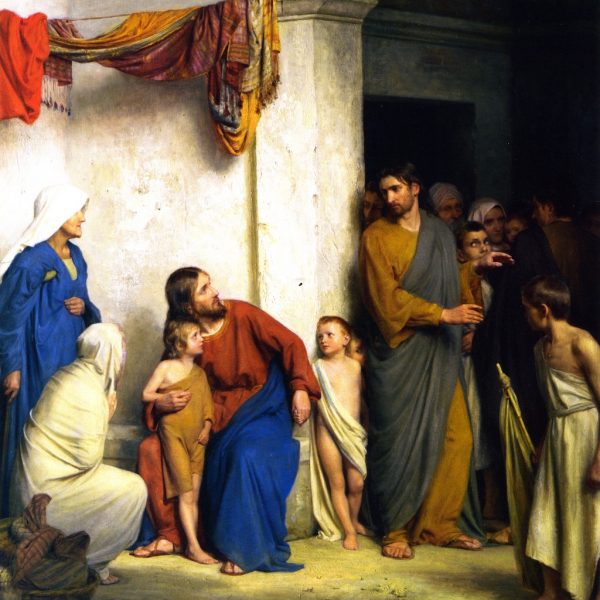
When we stop clinging to what we know and what we are, we can go out into the world without fear, insecurity, resentment, and judgment, as true Children of God. The image of a playing child helps us see alternatives to our childish attitudes.

The Pharisees were not wrong to question Jesus, but as much as we might want to empathize with them, to agree that there are simply certain things good people do not do, Jesus rejects human propriety as an orienting standard. Jesus is talking about the human heart, something Christians today also must consider.


